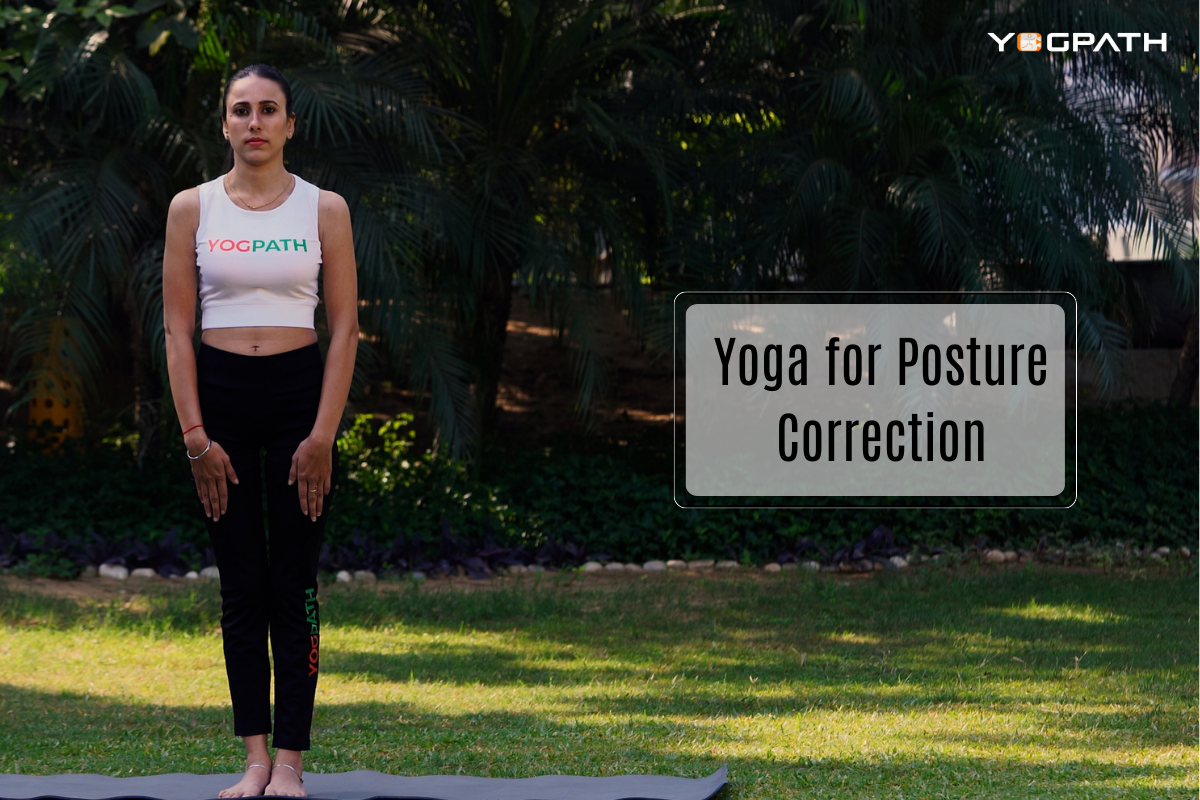
Stress may have a direct influence on a person’s weight for a great number of individuals. It might vary from person to person, and even from context to the scenario, as to whether or not it produces an increase or decrease in weight. so, How Does Stress Affect Weight Loss, and Why Does It Matter?
Sometimes stress might cause people to skip meals and make bad decisions about what they eat. For some people, stress might lead them to entirely lose their appetite, which can be a very dangerous situation. Most of the time, this shift is only going to be transient. After the stressful event has gone, your body may revert to its usual weight.
Stress Affect Weight Loss
Continue reading to understand how stress may affect the internal working of your body, how to manage weight loss that is caused by stress, and when you should visit a doctor about the symptoms you are experiencing. Indices that your stress level is associated with your weight loss There are other side effects of stress besides unexplained weight loss. Additional signs of stress include the following:
- Headaches
- Indigestion
- Discomforts and aches
- Tight muscles
- Changes in mood tiredness difficulties going asleep or staying asleep difficulty remembering things in the near term.
- The accelerated pace of the heartbeat
- A reduction in sexual desire
Reasons for why people lose weight.
When you’re under a lot of pressure, you can participate in activities that are out of the ordinary for you, such as skipping lunch to get more work done or staying up late to make a critical deadline. Your body’s natural response to stress may become more exaggerated as a result of these abnormalities.
The “fight or flight” reaction that your body has might cause your metabolism to speed up.
When you’re under a lot of pressure, your body goes into a state known as “fight or flight.” This physiological process, which also goes by the name “acute stress response,” is what alerts your body that it has to react in some way to a perceived danger. Your body gets ready for action by secreting chemicals like adrenaline and cortisol into the bloodstream. Your body gets ready for strenuous action when adrenaline is present, but it also has the potential to reduce your appetite.
Cortisol, meantime, send messages to your body during a stressful situation to temporarily shut down systems that are not critical to survival. This includes reactions from your digestive system, immunological system, and reproductive system. There is a correlation between hyperstimulation and gastrointestinal discomfort. During the “fight or flight” reaction, your body will slow down digestion so that it can concentrate on figuring out how to respond to the stressor. This may result in pain in the gastrointestinal tract, such as:
- Discomfort in the stomach
- Heartburn
- Diarrhea
- Constipation
These symptoms may get much worse as a consequence of chronic stress, which can also bring on other underlying diseases such as irritable bowel syndrome.
Because of the changes that have occurred in your digestive system, you could find that you eat less, which might lead to weight loss. It’s possible that you won’t feel hungry at all. Because of the all-encompassing nature of stress, it may prevent you from thinking about anything else. This may change the way you eat. When under stress, it’s possible that you won’t feel hungry or that you’ll forget to eat completely, both of which may contribute to a loss of weight. The capacity of your body to handle and absorb nutrients might be negatively impacted by hyperstimulation.
When you’re under a lot of mental or emotional strain, your body processes food differently. The vagus nerve is impacted when you’re stressed, and this has a ripple effect on how your body digests, absorbs, and metabolizes food. This disturbance may result in inflammation that is not desirable. The anxious state causes an increase in metabolic rate. Some individuals find that engaging in physical exercise helps them to better manage their stress. Although an endorphin surge brought on by exercise might help alleviate stress, indulging in more physical activity than usual could result in unanticipated weight loss.
Sometimes the effects of stress manifest as involuntary movements, such as tapping one’s foot or clicking one’s fingers. Your body may be better able to handle your emotions because of these tics, but they are also helping you burn calories. Cortisol production is impacted by disturbed sleep. The ability to fall asleep and remain asleep might be negatively impacted by stress. It is also possible for it to influence the quality of the sleep that you do receive, which may result in you feeling lethargic and exhausted. These disturbances may have an effect on the production of cortisol, which in turn can affect your metabolism. It’s also possible that this will affect the way you eat.
When might a decrease in weight be the reason for concern?
Even while losing one or two pounds isn’t usually a reason for worry, unanticipated or unwanted weight loss may be taxing on your body and lead to health problems. If you have lost five percent or more of your total body weight in any period of six months to a year, you should see a physician or another qualified healthcare expert. In addition to that, you need to visit a doctor if:
- Shedding pounds while making no effort to do so
- Experience headaches regularly
- Discomfort in the chest
- Experience a constant state of “being on edge”
- Discover that you are resorting to drinking or drug use as a means of coping with your problems.
Your primary care physician will be able to identify whether or not your symptoms are the result of stress or another underlying issue. Your healthcare practitioner may help you build healthy coping skills and, if necessary, provide medication while also working with you to determine the underlying cause of your condition.
What you can do to assist in getting your eating habits back on track
If tension has affected the way you typically eat, there are actions you can do to gently ease your way back into a regular. Your mood, your energy levels, and your immune system may all benefit from sticking to a consistent meal schedule, which can also help enhance your energy levels. You should program a notification on your phone to alert you when it is time for meals.
It’s possible that you’re too stressed to remember to eat, or that the condition of stress in your body may cause your emotions of hunger to change. You may prevent yourself from forgetting to eat by setting an alarm on your computer or smartphone to remind you to eat at regular intervals.
Take something light to eat.
Maintaining a consistent eating schedule might assist in maintaining healthy levels of glucose in the blood. Even just a few tiny nibbles during a meal might assist manage stress and may limit future swings in mood.
- Choose foods that are heavy in protein or fiber whenever possible.
- Sugar and caffeine are two substances that should be avoided whenever possible since they might cause an initial surge in energy levels followed by a subsequent drop.
Focus on eating items that may help you feel better and better handle the stress in your life.
Forgoing desserts and other indulgences in favor of nourishing fare may have a discernible effect on the way your body responds to the change in diet. Stick to entire foods, such as fruits and vegetables, since this is a good rule of thumb to follow. A few of our favorites in terms of their practicality:
- Oranges and carrots both provide antioxidants that are beneficial to the immune system.
- Vitamin B, which is found in leafy vegetables, may assist in the regulation of your nerves. Trusted Source
- Complex carbs, which are found in whole grains, are known to increase serotonin levels. It’s possible that increasing your serotonin levels will make you feel less anxious.
- Omega-3 fatty acids, which are found in fish like salmon and tuna, are known to help alleviate feelings of stress.
- In addition, the omega-3 fatty acids that combat stress may be found in seeds and nuts.
Make an effort to steer clear of meals that might cause your blood sugar to plummet and leave you feeling much worse. Even while consuming meals rich in sugar might offer a temporary increase in energy, the crash that follows is unavoidable. It’s possible that as the sugar exits your circulation, you’ll feel much worse than you did before. Consuming foods that are heavy in salt and fat may also make stress symptoms worse. As your stress level continues to rise, you should make an effort to restrict or avoid the following until it does:
- Fried cuisine
- Baked goodies
- Candy
- Chips
- Sugary drinks
- Foods that are processed
Instead of ordering takeout, consider purchasing a meal that is already prepared at your neighborhood store. If you’re not in the mood to cook, you may want to try going to the fresh food department of your local market.
Even though the salad bar is an excellent choice for preparing meals that are rich in vegetables for lunch and supper, the hot bar may also be a healthier alternative to ordering takeout if you are in the need of comfort food.
If you go to a grocery store that has a hot bar in the morning, you may get egg sandwiches or breakfast burritos to eat in the morning instead of other alternatives that are higher in sugar content. If you engage in physical activity, make it a routine to have a light meal or snack afterward.
Consuming food after an exercise is the only method to replenish the fuel that was expended while you were working up a sweat. It may seem innocuous, but skipping a snack or a small meal may lead to unpleasant side effects such as lightheadedness and low blood sugar. These symptoms can be avoided by eating regularly throughout the day. You may lose weight without even realizing it if you burn more calories than you take in each day. Take a bite out of food that is rich in protein or has good carbohydrates, such as:
- Avocados
- Bananas
- Nut butter
- Trail mix
- Cake made with rice
- Greek yogurt
The bare essentials
If you’ve lost less than 5 percent of your total body weight in a short period, you may be able to deal with the stress-related weight loss at home on your own, but if you’ve lost more than that, you should see a medical expert.
Your doctor will be able to assist you in determining why stress is having such a large influence on your weight and will be able to assist you in developing a management strategy that is tailored to your specific requirements. This may include consulting with a dietitian to design a food plan and discussing the stresses that you face daily with a therapist.











